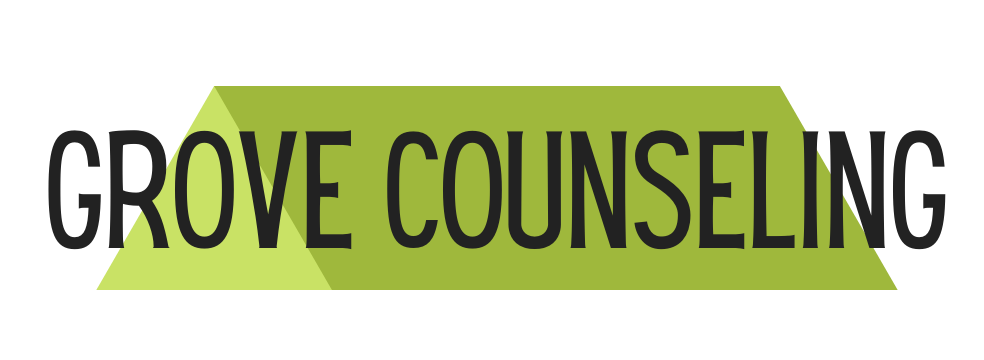Knowing Your Enneagram Type Can Help You Manage Your Anxiety
Enneagram and the Nervous System -- AKA Your Threat Detection System
The Enneagram is a personality system that helps you understand the WHY behind your stress and anxiety. While there's no one-size-fits-all approach to knowing yourself better, the Enneagram can be a useful tool in creating a personalized plan for insight. Everyone’s brains are constantly assessing for threats (this is what our brains are designed to do!) and your enneagram type has a big influence on what types of things, people or situations feel threatening to you. Your enneagram type is based on two things: your core fear and your core motivation. Anxiety is a body response to something your nervous system is perceiving as a problem to fight, flee, freeze or fawn in response to. So, for example, a type 9’s core fear is loss or separation, so 9 brains often perceive conflict as a life-or-death type of threat. A type 2’s core fear is being unlovable or unwanted, so their brains might perceive rejection as life-threatening.
Enneagram and Coping
Once you know your Enneagram type, it can help guide you toward coping mechanisms that work best for you for dealing with anxiety. For example, if you're a Type 1—the reformer—you may be most comfortable using control and/or nit-picking to cope with your anxious thoughts. This is surface-level helpful, but doesn’t actually get to the core fear you’re responding to (being morally bad or corrupt).
For Types 9’s who tend to numb out as their default emotional state, it may be helpful for them to focus on self-care practices like meditation and mindfulness exercises so that they can feel more in-tune with themselves and their triggers.
Another way knowing your Enneagram type can benefit how you deal with anxiety is by telling people what kind of support system would work best for them when they're feeling anxious or depressed. For example:
A Type 4 may need somebody who understands their need for alone time but also someone who will give them plenty of attention when they want it.
A Type 3 might need someone who can hear them when they’re in the feels and won't judge them when they make mistakes (and trust us...they're going to make mistakes).
Enneagram, Anxiety, and You
Anxiety is a complex and often-debilitating condition, and it can be difficult to know where to start in finding the right treatment. If you're struggling with anxiety, then knowing your Enneagram type can provide you with some key information about how your personality influences your experience of anxiety. In doing so, this may help you better understand why you experience anxiety (and when) in order to manage it more effectively.
The Enneagram offers nine different personality types that each have their own super powers and blind spots—and those blind spots are often what lead people toward experiencing anxiety in the first place. Knowing which traits of your type are prone to creating stressors or trigger points for you can help guide you toward effective behavioral changes that will reduce or eliminate any unnecessary pressure points on your psyche.
If you're interested in learning more about your anxiety and how to cope with it, understanding your Enneagram type can be a great way to begin.
If you're interested in learning more about your anxiety and how to cope with it, understanding your Enneagram type can be a great way to begin. Since the Enneagram is a personality test that divides people into nine different types based on your core fear and your core motivation, your type will help explain what your brain perceives as ‘threatening’, which can help you understand how to cope with your anxiety.
For example: someone who feels consistently activated by situations that seem monotonous, boring or slow, and tries to soothe this anxiety by jumping from task to task, planning their next move, and having lots of interests might be a Type 7. A 7 who understands this can practice intentionally being mindful and learning how to sit in feelings of contentment.
At the end of the day…
Anxiety is a serious issue that has many causes and consequences. And while it’s true that some people have higher anxiety levels than others, a lesser-known truth is that we ALL experience anxiety as an important evolutionary process. Whatever your situation, it’s important to know the different ways we can reduce stress in our lives – whether through relaxation exercises or by finding new hobbies and activities that will lift our spirits. One great place to start is by taking an online Enneagram test then researching your results; this will help you determine which personality type is compatible with yours. Once you know what type you are (and why), then you can start working on specific strategies that will help reduce your anxiety levels over time!

